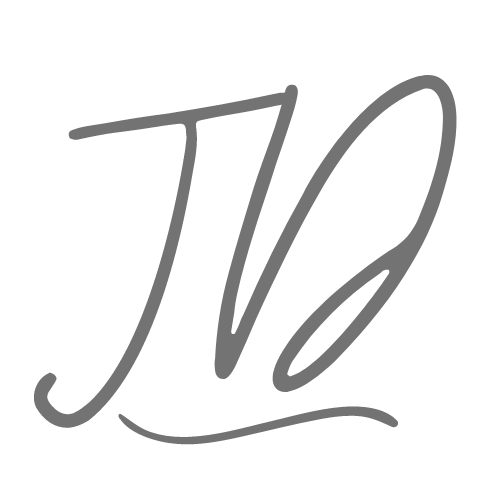One Yom Kippur, Rabbi Levi Yitzchak of Berditchev, encountered a Jew sitting down and eating. Rabbi Levi Yitzchak approached the man and asked him if perhaps he didn’t know it was Yom Kippur today. Yes, I know it’s Yom Kippur, replied the man. Perhaps then you don’t know that it’s forbidden to eat on this holy day.
No, replied the man defiantly. I am well aware that we’re not allowed to eat today. With a resolute look, Rabbi Levi Yitzchak lifted his eyes heavenward and addressed Hashem, Look at how precious your children are. No matter the circumstances, they simply will not tell a lie.
Much like Rabbi Levi Yitzchak in this story, in this week’s parasha, we find Moshe serving a similar role in defending the Jewish nation. Mere weeks after receiving the Torah and experiencing the most significant revelation in human history, the Jewish nation sins with the golden calf. Hashem is furious and tells Moshe the Jewish people are a stiff necked people.
I will destroy them and replace them and provide you with a new nation to lead. But Moshe, the ultimate leader that he was, begs and beseeches Hashem for their forgiveness. Ultimately, he prevails and Hashem forgives them. In Moshe’s petition for forgiveness, he says, please spare them, for they are a stiff necked people.
At first glance, this seems very odd. Why is Moshe bringing up their stubborn obstinacy while pleading for their pardon? It’s that very trait that made Hashem so upset. Shouldn’t Moshe have steered clear from mentioning it? Rav Yitzchak Nissenbaum, a Rav in the Warsaw Ghetto, explains Moshe’s words in a magnificent way.
Almighty God, Moshe tells Hashem, the very same trait that seems to be such a great vice in the present will be what keeps them strong and loyal in the future. This stiff neckedness that manifests itself as disobedience. will one day be the bedrock for their commitment and continued loyalty. Throughout history, Moshe continues, your nation will be faced with harrowing challenges, the pogroms, blood libels, the Inquisition, and the Holocaust.
But they will remain steadfast in their belief, and it will come from this very trait of stubbornness. Spare them now, and don’t be upset at their stiff neckedness, because it is the key to their survival. It is what will help keep their faith and commitment unwavered and unchanged. Moshe reframed the Jewish people’s obstinacy as their greatest attribute and quality.
Like Rabbi Levi Yitzchak did so many years later, he was able to see the redeeming aspect in a questionable character. Moshe’s perspective challenges us to do the same. When we look at someone else, or even ourselves, and perceive what seems to be negative, we must ask, how can this character trait come out in a positive way?
Is there a scenario in which this quality can shine and blossom? When we take a bird’s eye view and we can see how something that seems negative in one context can be a tremendous asset if unleashed under different circumstances. Wishing you a wonderful Shabbos.
